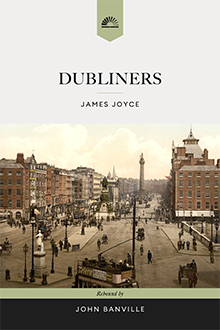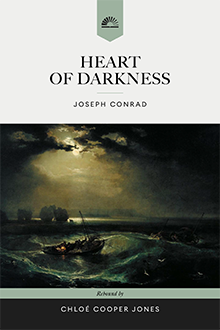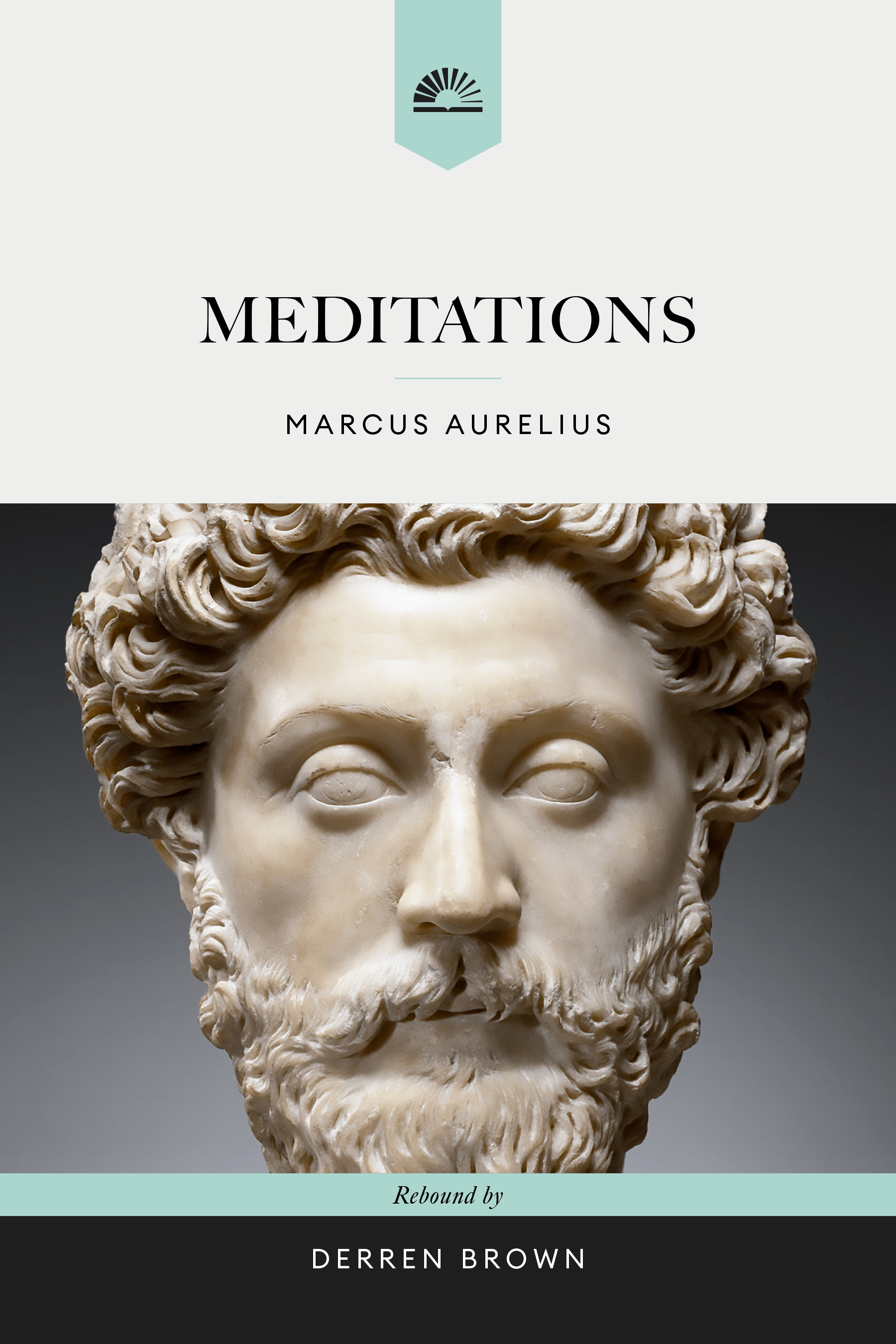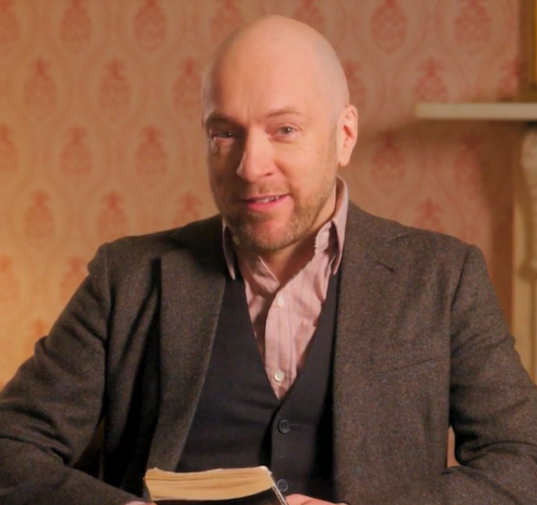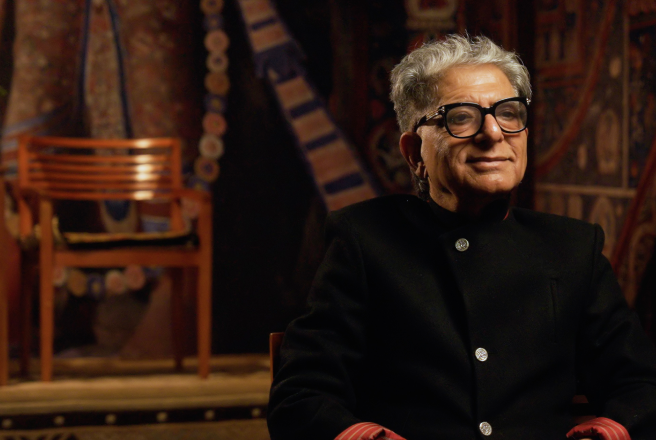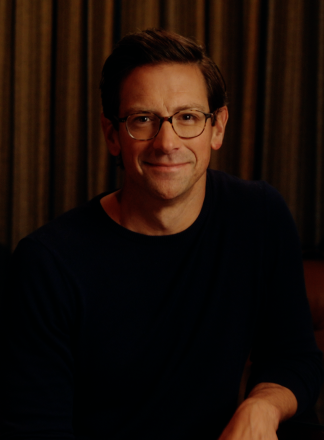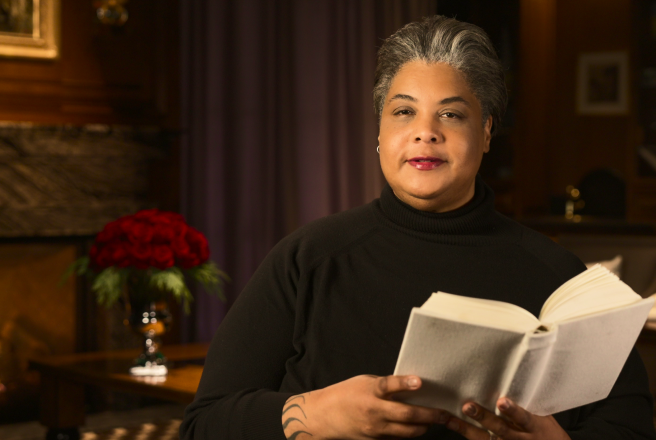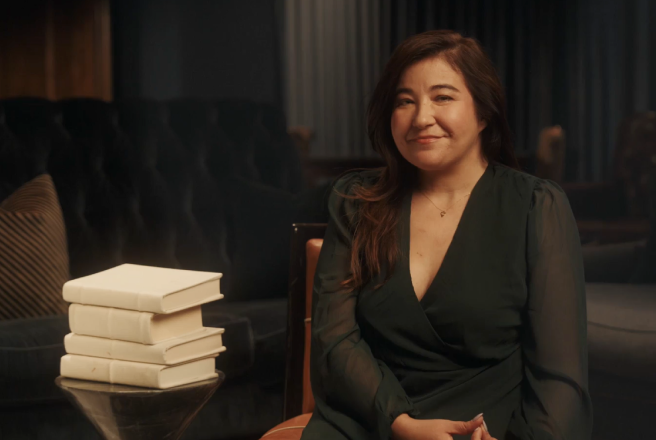Discuss Mary Shelley's
Frankenstein
with AI-powered Original Commentary by
Charlotte Gordon
Confront humanity's limits through science's amazing possibilities and dark ethical dilemmas.
Experience a new way to read
Engage in Conversation
Ask questions, dive deeper, and interact with AI-powered discussions to make the experience truly your own.
Discover Insights
Explore expert commentary, multimedia content, and thought-provoking questions.
Create your own Rebind
Select text, generate personalized writing prompts, and develop your own interpretation of the book.
Frankenstein
Mary Shelley’s Frankenstein, published anonymously in 1818, revolutionized literature as the first true science fiction novel. Written when she was just eighteen years old, this pioneering Gothic tale explores the dangerous consequences of unchecked ambition and the lasting responsibilities of creation. Through its innovative narrative structure, readers encounter both creator and creation, hearing their intertwined stories from multiple perspectives.
At its heart lies the tragic tale of Victor Frankenstein, a brilliant young scientist whose obsessive quest to create life ends in horror when he rejects his own creation. Despite its reputation as a monster story, Frankenstein offers much more than jump scares—it’s a searing meditation on human nature, parental responsibility, and our treatment of those deemed “other.” And contrary to popular belief, Frankenstein is not the monster but the scientist who brings his creature to life, then abandons him.
Two centuries after its publication, this groundbreaking novel remains startlingly relevant, anticipating today’s debates about scientific ethics, artificial intelligence, and human responsibility. Charlotte Gordon reveals another dimension to the story: reading Frankenstein as a feminist text that portrays a dystopian world where male ambition runs unchecked and strong female voices are silenced. Through this lens, the novel becomes even more powerful—a warning about what happens when creation is divorced from care and connection.
The book teaches us about the responsibilities of creators, not just scientists, but artists, playwrights, and most of all parents. It's not enough to make something. You have to nurture your creation and usher it into the world.
REBIND FEATURES
You might like
~The world's most intriguing guides open up their favorite books for you.
Tour the classics with a companion and read deeper.
Stay updated on new book releases and features
By signing up for our email list, you indicate that you have read and agree to our Terms of Use.
We respect your privacy.